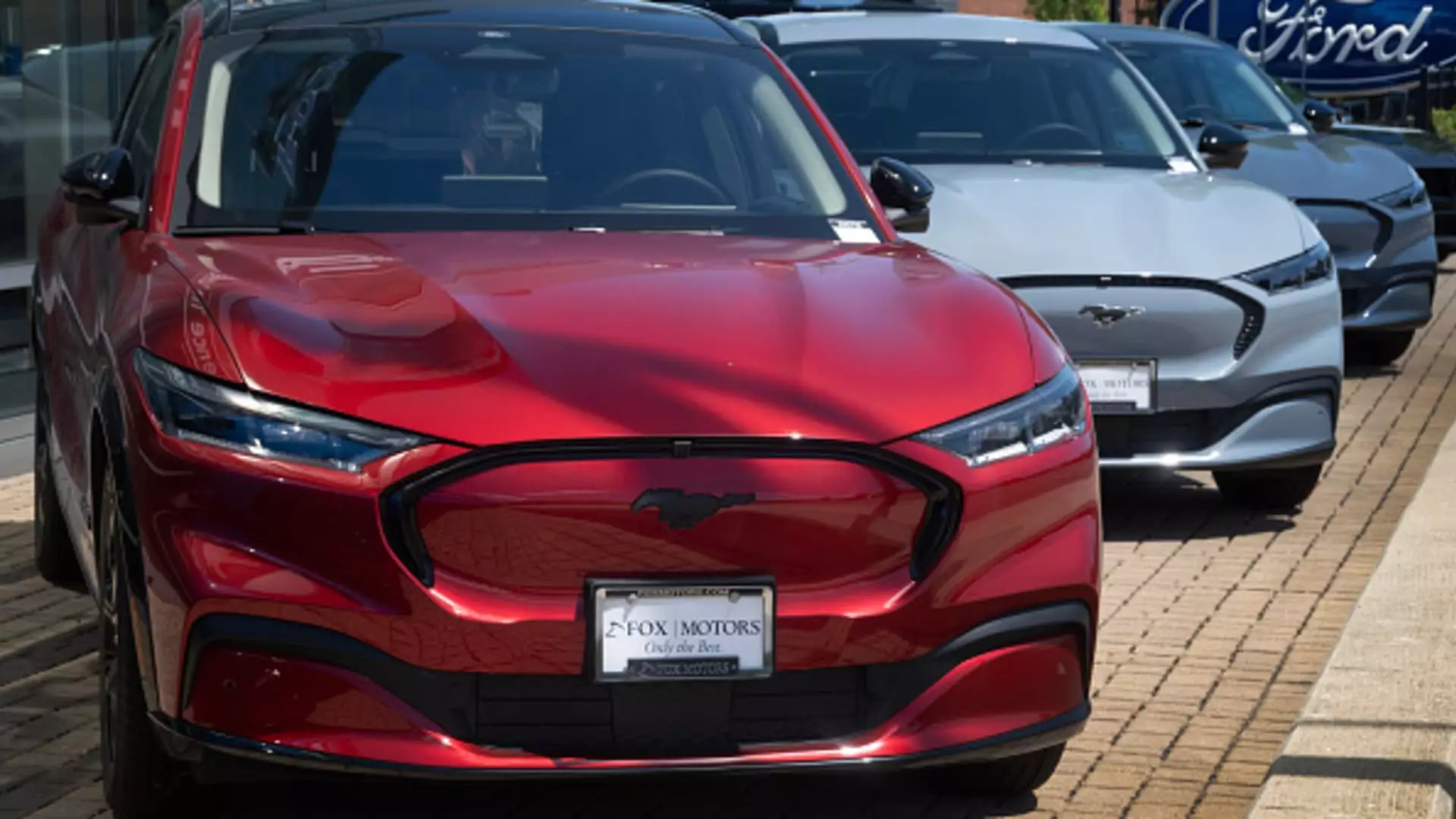Ford recently reported a 1% increase in sales during the second quarter compared to the same period last year. This growth was primarily driven by a 5% increase in truck sales, with a total of 308,920 trucks sold. The F-Series, one of Ford’s most popular truck models, accounted for 199,463 of those sales. This marks Ford’s best second-quarter performance for trucks since 2019.
In addition to strong truck sales, Ford also saw significant growth in electric and hybrid vehicles. Sales of Ford electric vehicles saw a 61% increase, with the Mustang Mach-E and F-150 Lightning attracting new customers to the brand. Furthermore, sales of hybrid vehicles reached 53,822, a 56% increase and a new quarterly sales record for Ford since introducing hybrid models more than 20 years ago. These figures indicate a positive response from consumers towards Ford’s electrified vehicle lineup.
The increased sales of hybrid vehicles are in line with Ford’s strategy to ease the transition to electric vehicles (EVs) while working towards meeting federal fuel efficiency standards. With the EV market rapidly growing, hybrids serve as a bridge for consumers who are not yet ready to fully transition to electric vehicles. This approach allows Ford to cater to a wider range of customers and gradually shift towards a more sustainable future.
Ford’s modest sales growth during the second quarter comes at a time when the overall automotive market is facing challenges. Despite industry forecasts predicting flat year-over-year sales, Ford’s 1% increase is a positive sign for the company. Similarly, crosstown rival General Motors also reported a slight sales increase, indicating that both companies are outperforming the market expectations. With competition in the auto industry intensifying, every percentage point of sales growth is crucial for automakers to maintain their competitive edge.
Ford’s performance during the second quarter reflects a positive trend in both traditional and electrified vehicle sales. By focusing on trucks, electric vehicles, and hybrids, Ford is adapting to the changing automotive landscape and positioning itself for future success. As consumer preferences continue to shift towards more sustainable transportation options, Ford’s diverse lineup of vehicles is well-positioned to meet the evolving demands of the market.

